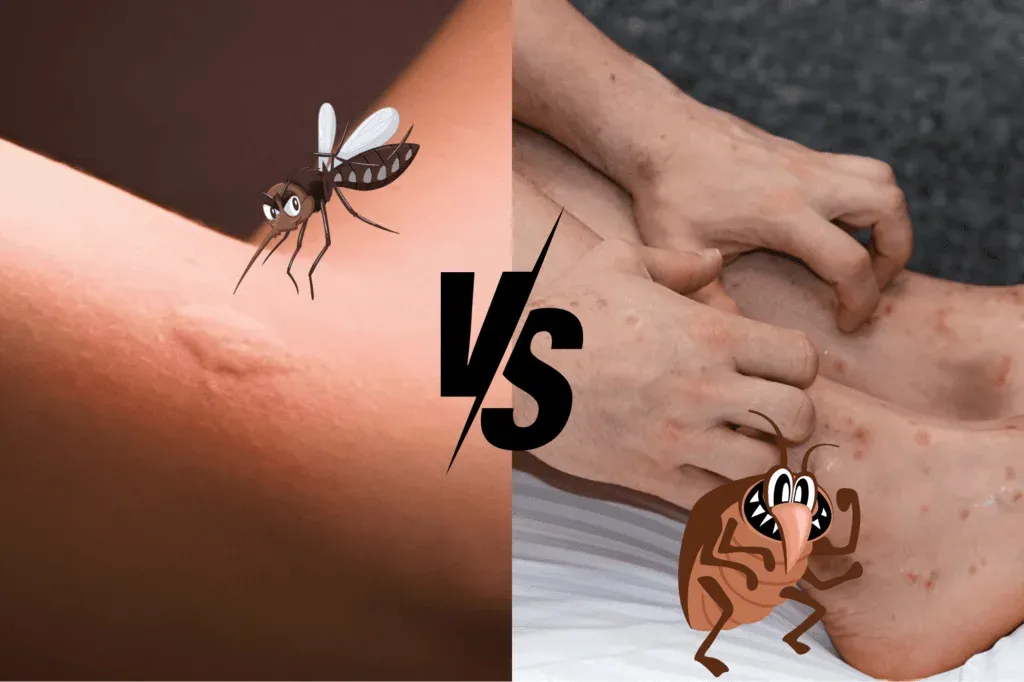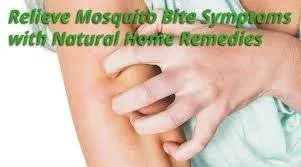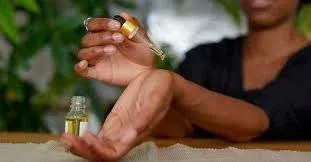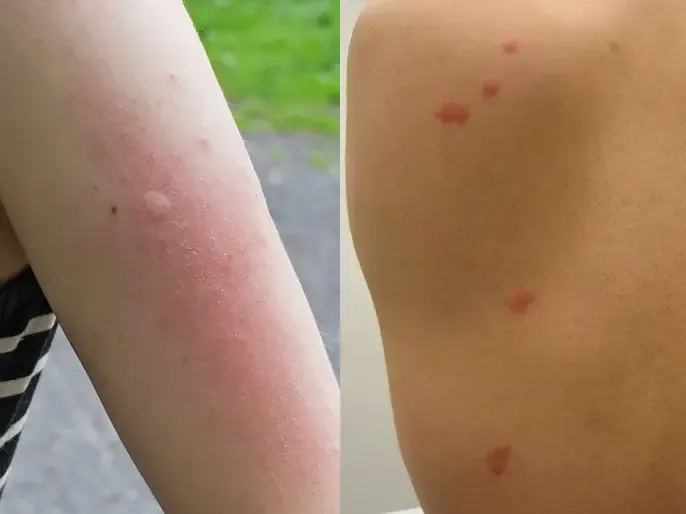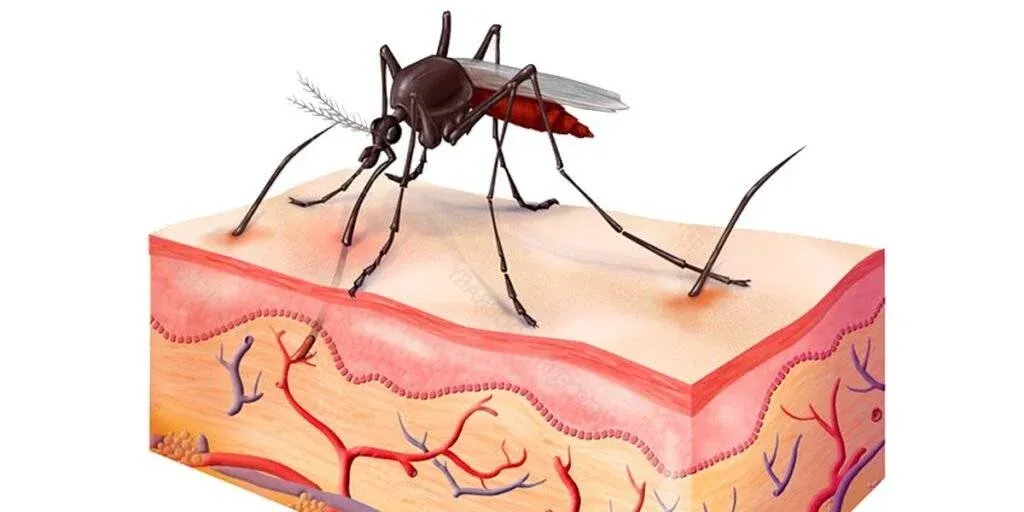Mosquito bites are annoying no matter where they occur, but when they appear on the face, they can be especially frustrating. The skin on the face is more delicate than other areas of the body, which makes it more prone to swelling, irritation, and even scarring. Children and people with sensitive skin may notice stronger reactions, including redness or dark spots that linger. If you’ve been struggling with mosquito bites on face, it’s important to know how to treat them safely and prevent long term marks.
Why Mosquito Bites on Face Happen
Mosquitoes are attracted to body heat, sweat, and carbon dioxide. Since the face is often uncovered, it becomes an easy target, especially at night. When a mosquito pierces the skin, it injects saliva that prevents clotting. The body reacts by releasing histamine, which causes itching, swelling, and redness. On facial skin, these effects can be more visible and uncomfortable.
Common Symptoms of Mosquito Bites on Face
The reaction to mosquito bites on face can vary depending on skin sensitivity. Typical signs include:
Small, red, raised bumps
Localized swelling around the bite
Intense itching that may cause scratching
In some cases, blister-like bumps
Because scratching is common, bites on the face are more likely to lead to scarring or pigmentation. This is why careful treatment is essential.
Immediate Steps to Take After a Bite
If you notice mosquito bites on face, quick action can reduce irritation and prevent lasting marks:
Clean the area – Gently wash with mild soap and water to remove dirt and bacteria.
Apply a cold compress – Place an ice pack or chilled spoon on the bite for 5–10 minutes to reduce swelling.
Avoid scratching – Scratching damages skin and increases the chance of scars or infections.
These first steps are simple but make a big difference in how fast the skin heals.
Safe Treatments for Mosquito Bites on Face
Since the skin on the face is sensitive, treatments must be gentle and effective. Here are the best options:
Aloe vera gel – Soothes inflammation and speeds up healing.
Honey – Natural antibacterial properties prevent infection.
Cold green tea bag – Reduces swelling thanks to antioxidants.
Over-the-counter hydrocortisone cream – Helps with severe itching but should be used carefully and sparingly on the face.
Child-safe antihistamine creams – Reduce itching and swelling for children with stronger reactions.
Natural Remedies for Facial Bites
Many people prefer natural remedies for facial skin because they are less likely to cause irritation. Options include:
Cucumber slices – Cooling and soothing for inflamed skin.
Oatmeal paste – Relieves itching and irritation.
Coconut oil – Moisturizes and supports healing, preventing scars.
Tea tree oil (diluted) – Reduces risk of infection if the bite is scratched.
Always do a patch test first to ensure no allergic reaction.
How to Reduce Scars from Mosquito Bites on Face
One of the biggest concerns with mosquito bites on face is scarring or dark marks. To minimize this:
Apply vitamin E oil to support skin repair.
Use niacinamide or aloe based creams to fade dark spots.
Always apply sunscreen since UV rays can make pigmentation worse.
Avoid picking at the bite or scab, as this slows healing.
With consistent care, most marks fade over time.
Preventing Mosquito Bites on Face
Prevention is the best way to protect your face from mosquito bites. Here are effective tips:
Use mosquito nets when sleeping, especially for children.
Apply insect repellent suitable for the face, avoiding eyes and mouth.
Keep windows and doors screened to block mosquitoes.
Use essential oils like lavender or citronella in diffusers as natural repellents.
Avoid mosquito activity times such as dawn and dusk whenever possible.
These habits lower the chances of bites and reduce the need for treatment afterward.
When to See a Doctor
Most mosquito bites on face are harmless, but medical attention may be needed if:
The bite becomes infected with pus, spreading redness, or severe swelling.
The child or adult develops fever, headache, or flu like symptoms.
There is swelling near the eyes that interferes with vision.
The bite leads to an allergic reaction with difficulty breathing or dizziness.
In such cases, professional care is essential.
Helping Children With Facial Bites
Children often experience stronger reactions to mosquito bites on face. Parents can help by:
Keeping their nails trimmed to avoid scratching.
Applying soothing lotions or cold compresses.
Covering bites with small bandages if necessary.
Using child-safe repellents before outdoor play.
Early treatment prevents discomfort and reduces the risk of long-term marks.
Final Thoughts
Mosquito bites on face may seem minor, but they can cause discomfort and even lead to scarring if not treated properly. Gentle remedies like aloe vera, honey, and cucumber can ease irritation, while prevention strategies keep bites from happening in the first place. With the right care, you can reduce itching, protect sensitive facial skin, and avoid lasting marks. By staying vigilant and applying safe treatments, both children and adults can enjoy mosquito free, healthy looking skin.

